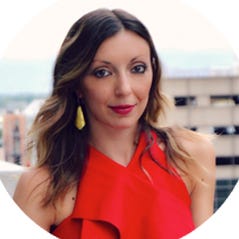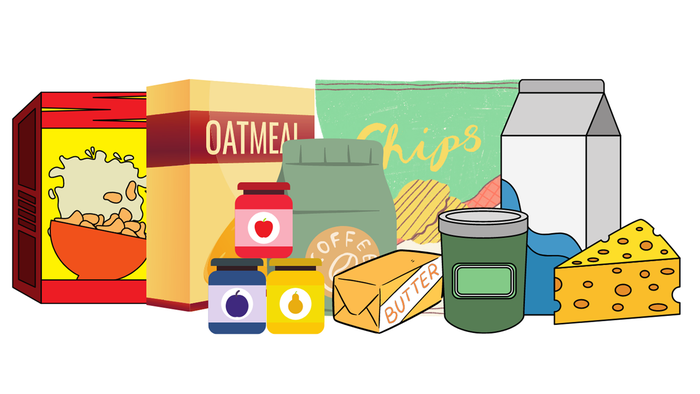Fruit vs. triclosan: How one exotic ingredient could transform the toxic soap industry
Can one entrepreneurial company change how Americans think about "clean"? The cofounder of Soapberri explains how he's built a company around an ancient fruit with natural antibacterial and surfactant properties.

Like many of us, Brian Quach feels something when he walks though a farmers market, meeting the purveyors of his food and listening to the stories of the ingredients. It’s an experience that elicits undeniable emotion—a unique connection to the earth and the food that comes from it. Why, he wondered, can’t personal care products be as deeply rooted in nature and emotion as food?
It can, he realized.
Taking his passion for the natural industry and his experience in ethical farming, Quach saw the potential to redefine America’s flawed soap industry. Today, nearly 18 million tons of surfactants are produced annually; many are synthetic, some potentially toxic and others flat out banned in Europe. Here in the U.S., they’re commonplace.
The solution: Soapberry, an ancient fruit hailing from India and later Nepal and Taiwan. Soapberry’s natural antibacterial and surfactant properties (it's also 100 percent biodegradable) make it an ideal synthetic soap alternative that has a range of applications—from hand and dish soap to shampoo and body wash.
Soapberri co-founder Quach wasn’t the only one who saw this little ingredient's potential. In its first Kickstarter campaign, his company, Soapberri, raised over 400 percent of its goal. So what’s next? Here, we chatted with Quach about what’s to come in education, how to build a brand based on ancient wisdom, and how we think about “clean.”
What sparked your passion for sustainability?
Brian Quach: I spent the last few years diving into my passion. The story for me starts with Driscoll’s. I got involved in starting up farming communities across the world. I got really close with local communities and farming. You’re dealing with land and weather and people; you need a sense of trust and humility to be involved in something that grows from the earth. I started to think, ‘What other toxins do we ingest as humans?” and I thought we weren’t doing as much around the personal care space.
What’s the story behind the Soapberri brand?
BQ: My partner got these berries in Taiwan. His family uses them today. They would wash with the berries in the stream and river. We thought, this seems like a great way to have a deep connection with nature. Take a berry, wash your hands with it.
In Taiwan, these trees grow everywhere. No one uses these berries anymore, other than the older generations. These things have been used for a long time and have been proven and trusted for thousands of years. Let’s revisit that and see what we can learn from ancient wisdoms around the world. In America, we typically use three large brands. I wanted to show that there are other things in nature that can provide a solution.
We ended up partnering with people that work with local farmers who pick it once a year. Soapberri is more of a farming company than a personal care company.
Using berries as soap … is that a tough sell?
BQ: We started with demonstrations of the raw soapberries at farmers markets in San Francisco. People were shy about it: Wash your hands with a berry? What does that mean? But our community was attuned to natural remedies and picked up on it right away. There are people who have been waiting for something like this for a long time. We sent [the product] to people with psoriasis and eczema. If they can use the raw soapberry as a novel hand soap that can get them started by thinking, ‘Oh wow, I can get into these natural remedies at home.'
It’s really a grassroots approach—we have our website, Kickstarter campaign, materials, but really there is a lot to say about our company.
What’s next for Soapberri?
BQ: In the end, we want to be this one-stop replacement solution for your household. The plan is not just to do soap, shampoo and body wash; we can use the extract for any natural cleaner—dishes, facial wash, toothpaste [The company also notes it can be used as a jewelry cleaner and insect repellant].
By fall, in six months, we will create a subscription service custom order delivered right to your door. We also want to do a sustainable packaging solution where subscribers get a bottle at first then get refillable, compostable bags. In terms of the product pipeline, it’s pretty full--we are pretty excited. And in general, we are very open to helping other companies manufacturing soapberry products.
About the Author
You May Also Like




